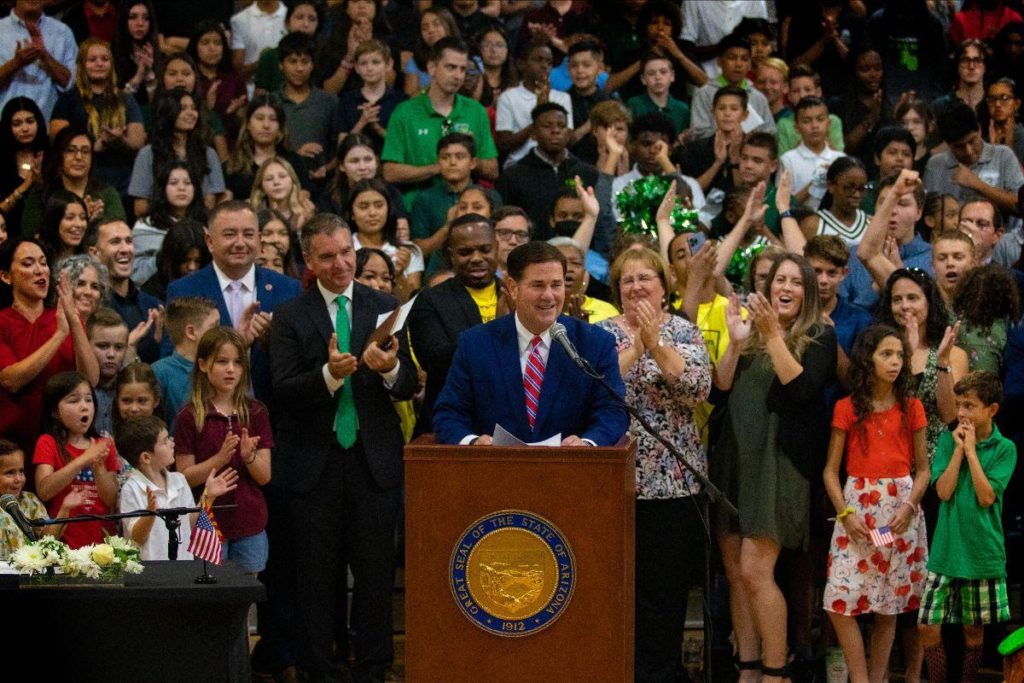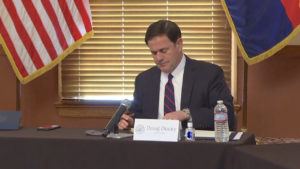Arizona study shows school choice keeps private education affordable, doesn’t inflate tuition costs
New data in Arizona show the state’s universal school choice program has not affected private school prices, contrary to the claims of school choice opponents.
The study was released on Monday…

New data in Arizona show the state’s universal school choice program has not affected private school prices, contrary to the claims of school choice opponents.
The study was released on Monday by the Goldwater Institute, an Arizona-based public policy think tank.
Arizona’s Empowerment Scholarship Account program was initially formed in 2011 and made universal in 2022.
Since its expansion, enrollment has exploded to over 70,000 students. The average student receives around $7,000 per year, while special needs students are awarded more.
By comparison, public school funding in Arizona will soon exceed $15,000 per pupil.
In the study, Matt Beienburg, director of education policy at the Goldwater Institute, found that more school choice doesn’t make private schools more expensive.
The report found that middle and elementary school tuition rose just over $1,000 – roughly 13-15% respectively – between 2021 and 2023.
Nationwide inflation was 12.2%, and inflation in urban areas of Arizona like Phoenix exceeded 17%, making the private schools’ tuition increase reasonably moderate.
However, during the same two-year period, traditional per-student public school funding saw a $1,500 increase.
That means that public schools effectively raised their tuition rates by $500 more than private schools – dispelling the notion that private schools will jack up their rates to take advantage of choice scholarships.
“Unlike the sustained inflationary pressures from massive federal subsidies of colleges and universities, the private school landscape appears better poised to resist runaway price increases,” Beienburg explained. “With lower barriers for entry for new private school providers than among institutions of higher education, current and prospective K-12 schools face greater competitive pressure to maintain affordability.”
“ESAs offer financial assistance for other alternatives – such as at-home education – further increasing the competitive pressures on private schools to maintain affordable tuition rates for families,” he continued.
The study includes several examples of Arizona private schools specifically keeping their tuition at or less than $7,000 so that families with ESAs don’t have to pay anything out of pocket.
Nevertheless, critics say Arizona’s Democrat Gov. Katie Hobbs seems determined to sink the program by any means necessary – be they unnecessary regulations or claims of fiscal unsustainability.
But education freedom advocates are firmly supporting the ESA program, and state Superintendent Tom Horne says school choice actually saves taxpayer dollars.



